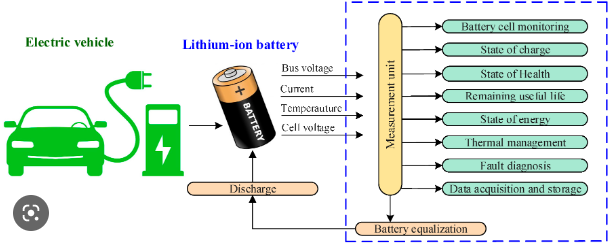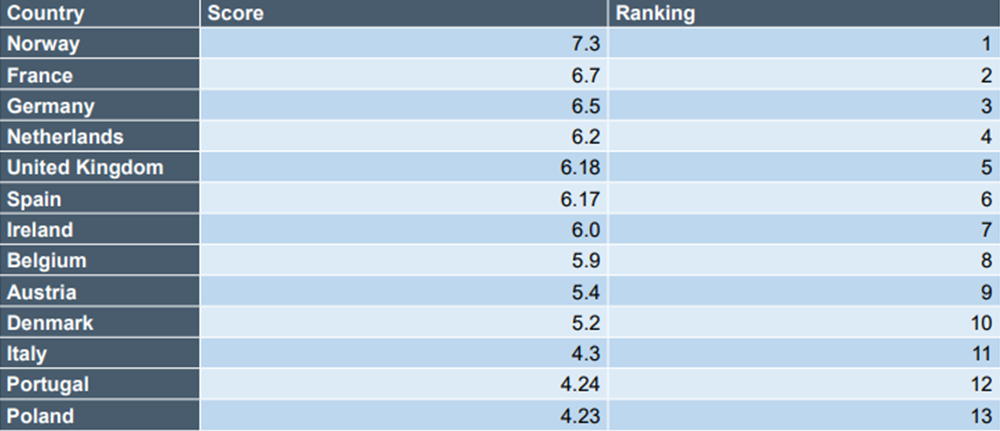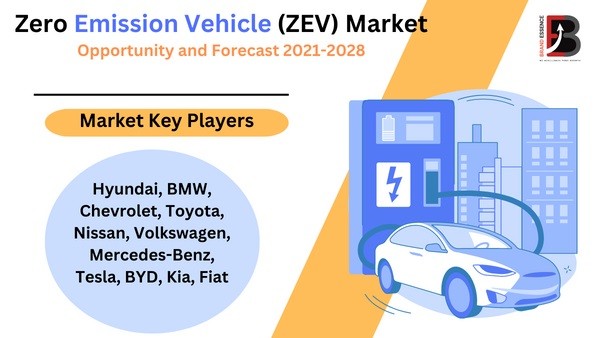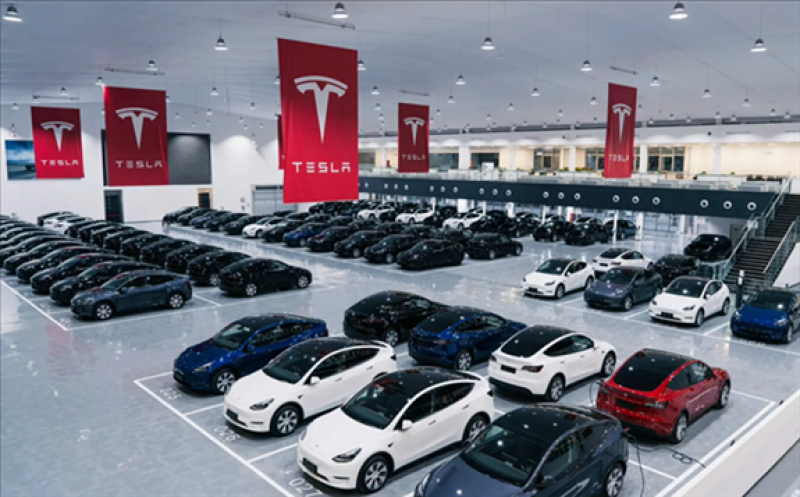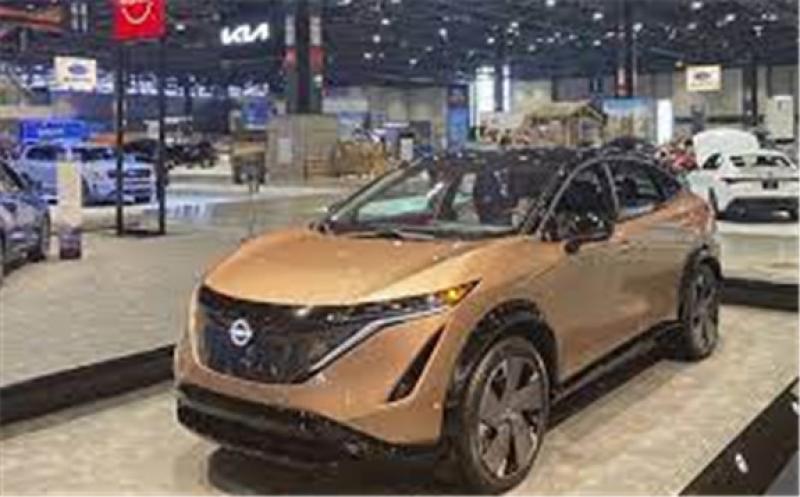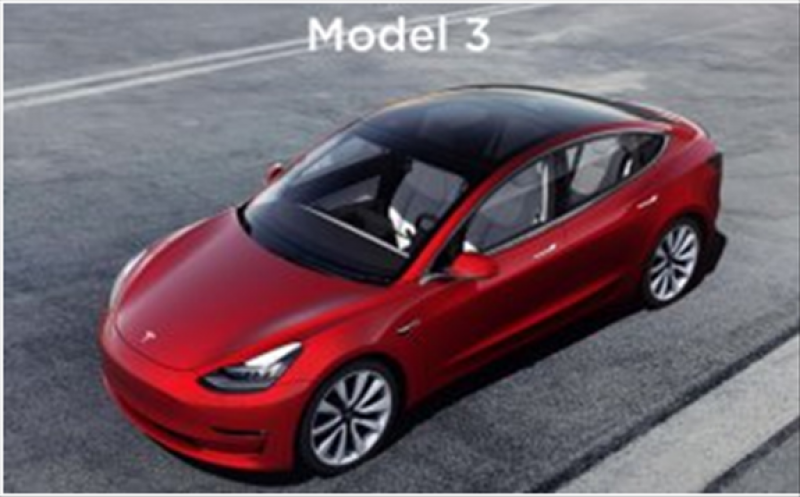Worldwide sales of electric vehicles (EVs) jumped by 41 percent last year while the total global car sales fell in the pandemic-related downturn, the International Energy Agency (IEA) said on Thursday, expecting a further surge in EV sales, especially if governments encourage higher adoption with strengthened policies.
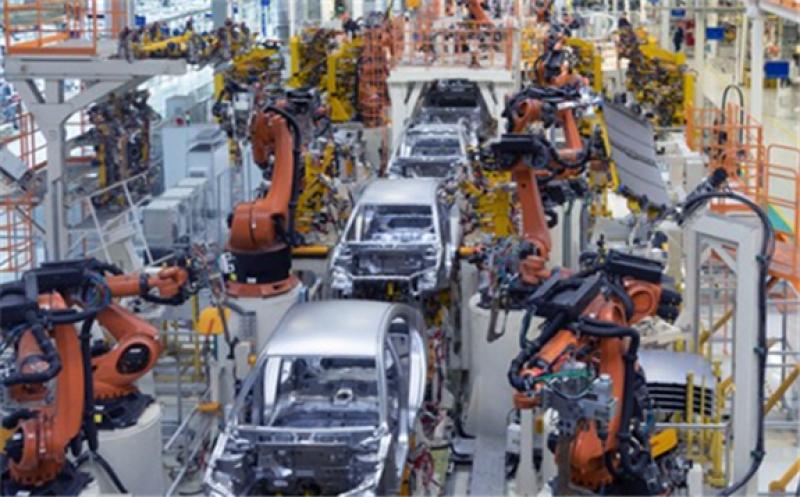
Last year, some 3 million electric cars were sold worldwide, up by 41 percent year over year and accounting for 4.6 percent of all global car sales, the IEA’s Global Electric Vehicle Outlook 2021 showed today.
As of the end of 2020, there were 10 million EVs on the roads. Last year, Europe overtook China as the world’s biggest EV market for the first time ever, thanks to government incentives and announcements of some countries of phase-out dates for new gasoline and diesel passenger car sales, such as the UK, which set 2030 for stopping such sales.
The IEA sees a bright near-term future for EVs, noting that in the first quarter of this year, electric car sales soared by 140 percent from the first quarter of 2020, driven by some 500,000 EV sales in China and another 450,000 sales in Europe. U.S. sales of electric cars more than doubled from Q1 2020, albeit from a much lower base, the IEA said in its outlook.
Despite the bright future the agency sees for EVs, reaching such sales numbers so as to put the reduction of transportation emissions in line with the climate goals is still “a formidable challenge,” the IEA said.
“Governments will also need to put in place policies to promote the roll-out of zero-emission vehicles in the medium- and heavy-duty vehicle segments and the corresponding fast-charging infrastructure,” the agency said in the outlook.
“Current sales trends are very encouraging, but our shared climate and energy goals call for even faster market uptake. Governments should now be doing the essential groundwork to accelerate the adoption of electric vehicles by using economic recovery packages to invest in battery manufacturing and the development of widespread and reliable charging infrastructure,” said Fatih Birol, Executive Director of the IEA.
